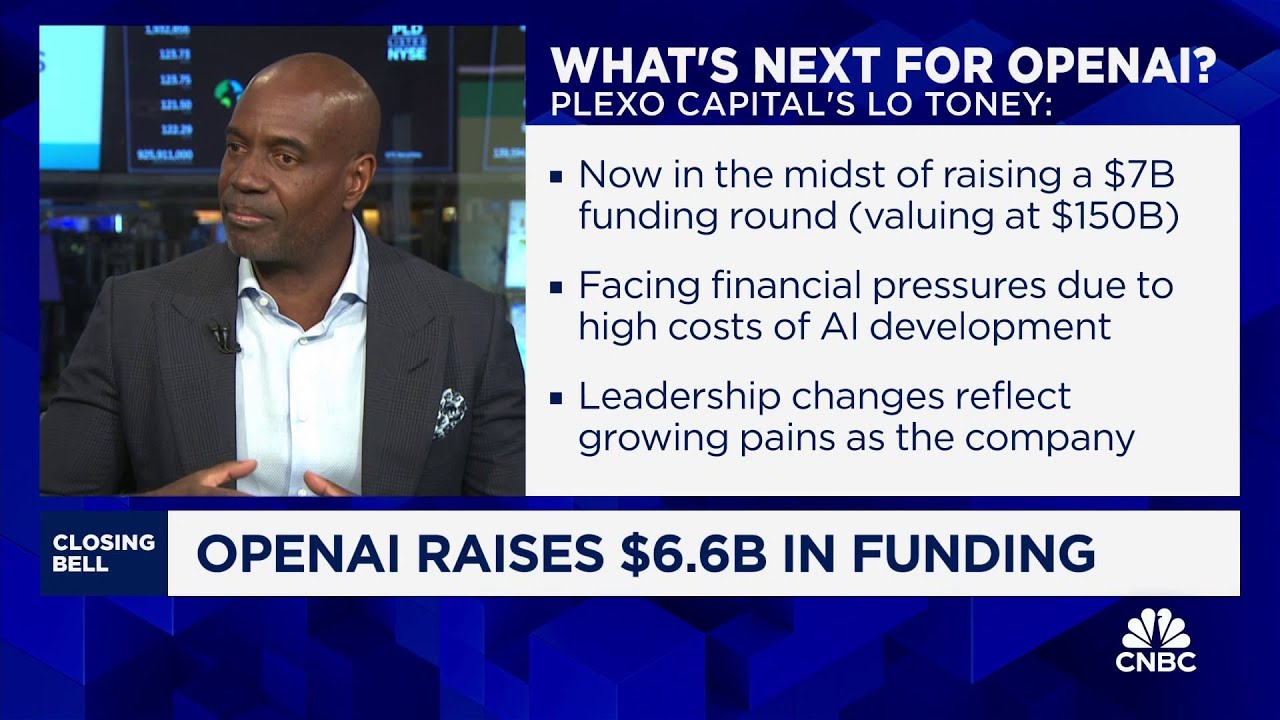Lo Toney, CEO of Plexo, stated that investors should not anticipate an OpenAI IPO in the near future, as the company is focused on growth and capital accumulation rather than immediate profitability. He emphasized the importance of improving model efficiency and managing operational costs while navigating the competitive AI landscape, highlighting the significant investment needs of the industry.
In a recent discussion, Lo Toney, CEO of Plexo, shared insights on the future of OpenAI, particularly regarding its potential initial public offering (IPO). Toney emphasized that investors should not expect an IPO from OpenAI in the near future. This sentiment aligns with the understanding that OpenAI is currently focused on growth and capital accumulation rather than immediate profitability. The company is likely to pursue additional funding rounds to support its capital-intensive operations.
Toney highlighted that OpenAI’s financial strategy includes a line of credit as a safety net, indicating the need for further substantial financing in the coming years. Despite the company’s impressive revenue growth projections—forecasting around $11 to $12 billion for the next year and $25 to $26 billion by 2026—there remains a significant focus on managing operational costs. The goal is to enhance efficiency in running and training models, which has been a challenge due to high CPU power requirements.
The conversation also touched on the competitive landscape of the AI industry, particularly in light of recent talent departures from OpenAI. Toney noted that former employees, such as Daria from Anthropic, have emphasized the importance of improving model efficiency rather than simply increasing hardware investments. OpenAI has begun to adopt this approach, which Toney believes will yield positive results in the future.
Toney expressed that the meteoric rise in OpenAI’s valuation reflects the broader excitement surrounding artificial intelligence. This excitement, while sometimes viewed as hype, signifies a significant shift in how software is integrated into various industries. As Marc Andreessen famously stated, “software will eat the world,” and Toney believes that every company is becoming or will become an AI company, driven by consumer interest and the success of products like ChatGPT.
Finally, the discussion addressed the dynamics of investment in the AI sector, particularly the relationships between major players like NVIDIA and Microsoft and their expectations from investors. Toney acknowledged that while some investors may remain loyal to OpenAI, others might seek opportunities elsewhere, especially given the capital-intensive nature of the industry. This competitive environment underscores the ongoing need for substantial investment in AI companies, as they navigate the challenges and opportunities presented by rapid technological advancements.
